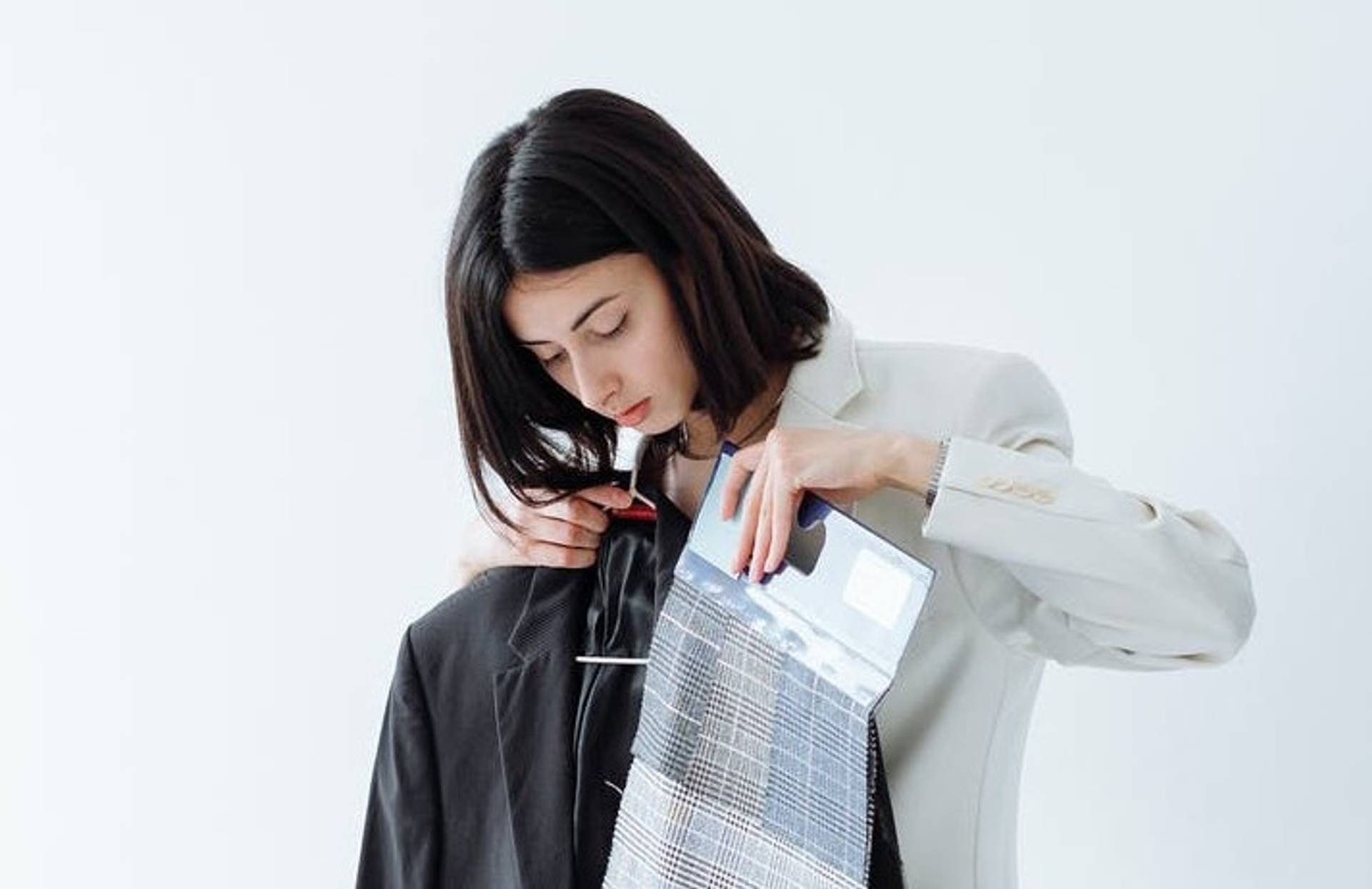
As influencers sample and promote physical fashion digitally, fashion brands are collaborating with them to bolster 3D-rendered designs. As more people are exposed to virtual fashion, influencers' digital sampling could mean fashion brands would no longer need to give away clothes for free.
Influencers have started promoting digital versions of physical clothes, with brands creating these virtual designs as a way to reduce their environmental footprint and offer a more sustainable way to do influencer marketing. Gifting influencers digital collections and selling them to customers generates buzz, with the fashion industry embracing the metaverse as brands such as Gucci and Balenciaga tap into this space. Immersive and customisable worlds are engaging new audiences that fashion brands are looking to target, with virtual retail therapy and clothes feeling like second nature to Gen Zers. “I see the metaverse as opening up new marketplaces, new opportunities, and new occupations for creatives in fashion,” says Leslie Holden, co-founder of The Digital Fashion Group.
Online gaming platform Roblox has seen its average daily user count increase by 29% from 2020 to 2021, a sign that online spaces where users can participate in virtual economies are growing. An evolution towards fashion brands taking up space in the metaverse feels like a natural next step for brands looking to engage with audiences in new ways. Farfetch partnered with DRESSX to digitally dress influencers to promote the launch of its pre-order offering, testing if clothes were popular enough to stock before placing large orders. And creative agency Virtue began pitching the idea of digital fashion in 2019, after partnering with Scandinavian retailer Carlings on a sold-out collection. Brands looking to enter virtual economies could partner with influencers as a way to sustainably promote clothes and experiment with fashion in the metaverse.